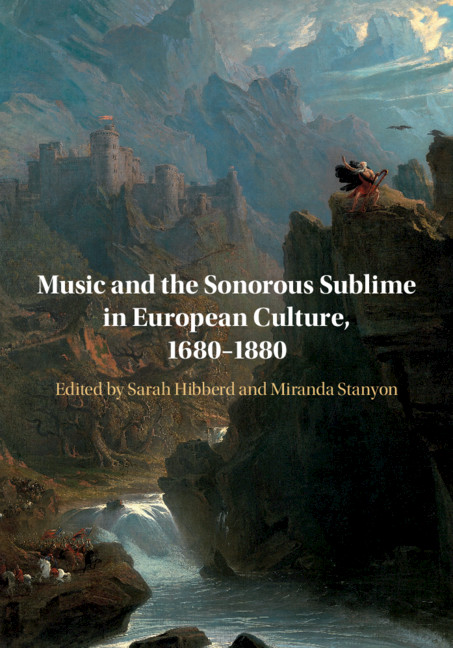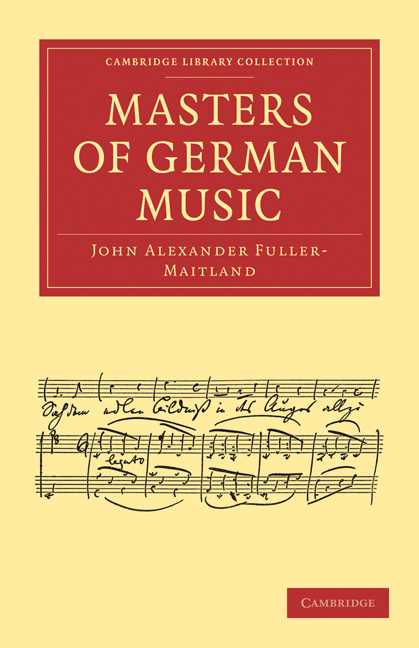Romantic Music Aesthetics
This book reassesses the place of politics and emotion within Romantic music aesthetics. Drawing together insights from the history of emotions, cultural history, and studies of philosophical idealism, 'affective relationality' – the channelling of emotion through music's social and cultural synergies – emerges as key to Romantic aesthetic thought. Now familiar concepts such as theatrical illusion, genius, poetic criticism, and the renewed connection of art to mythology and religion opened new spaces for audiences' feelings, as thinkers such as Rousseau, Herder, Germaine de Staël, Joseph Mainzer, Pierre Leroux and George Sand sought alternatives to the political status quo. Building on the sentimental tradition in eighteenth-century art and politics, the Romantics created ways of listening to music imbued not just with melancholic longing for transcendence but also with humour, gothic fantasy, satire, and political solidarity. The consequences have extended far beyond the classical concert hall into numerous domains of popular culture from melodrama, romances and political songwriting to musical theatre and film.
- Provides the first comprehensive, revisionist history of Romantic music aesthetics in over thirty years
- Revises mainstream musicological accounts of Romantic aesthetics as a bourgeois 'religion of art' and engages responsibly with its commitments to the social and the popular
- Offers a nuanced interpretation of emotions and the music-aesthetic developments to which they gave rise against the background of social and political history
Product details
November 2024Adobe eBook Reader
9781009491624
0 pages
This ISBN is for an eBook version which is distributed on our behalf by a third party.
Table of Contents
- Table of contents
- Figures
- Music examples
- Acknowledgements
- Introduction
- 1. Staging sentimentality
- 2. The legacy of Rousseau
- 3. The composer as genius
- 4. Idealist aesthetics and the music critic
- 5. Picturing the musical Absolute
- 6. Between idealism and realism I: the French socialists
- 7. Between idealism and realism II: after Hegel
- 8. From Hanslick to the twentieth century
- Conclusion: The fate of feeling
- Bibliography.






